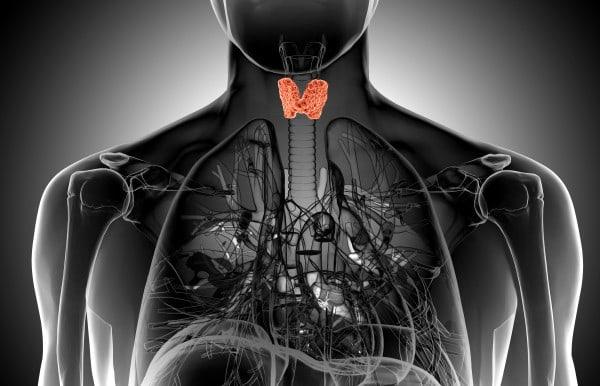Insufficient Kidney Qi is a health issue in traditional Chinese medicine, involving the energy conversion of kidney essence in the human body, directly affecting the vitality of physiological functions. This condition may lead to premature aging, decreased constitution, and the onset of various illnesses, which is extremely detrimental to maintaining health. To maintain health and longevity, understanding and replenishing Kidney Qi is especially important, but it should be done following the correct methods, when Kidney Qi deficiency indeed occurs, to avoid exacerbating the situation and triggering Kidney Fire.
The signs of Kidney Qi deficiency are diverse, including but not limited to the following aspects: – Preference for heavily flavored foods, such as spicy, which might indicate weakened spleen and stomach functions and insufficient Kidney Qi. – Involuntary twitching of the head during urination in the elderly, reflecting weakened Kidney Qi and depleted qi and blood. – Sustained low-grade fever during specific times in the afternoon (17 to 19 o’clock), indicating significant depletion of Kidney Qi and decreased levels of qi and blood. – Early appearance of white hair in young people, signaling insufficient Kidney Essence. – Continued coldness in hands and feet during spring, attributed to inadequate accumulation of Kidney Essence during winter. – Night sweats during sleep, explained in traditional Chinese medicine as deficiency of both qi and yin, affecting overall health.
The above symptoms warn individuals to pay attention to and adjust their physical condition to prevent diseases from taking advantage of weaknesses.
For insufficient Kidney Qi, the following foods are recommended for nourishment: – Chinese yam: Described in the “Compendium of Materia Medica” as having the ability to “benefit Kidney Qi, invigorate spleen and stomach,” suitable for long-term consumption, gentle and nourishing. – Lotus seeds: Red lotus seeds nourish Kidney Blood, while white lotus seeds invigorate the spleen, and can be consumed through different cooking methods. – Goji berries: Moderate consumption aids in nourishing Kidney Yang, and when consumed raw, the amount should be controlled to prevent excessive internal heat. – Black rice: Black foods nourish the kidneys, with black rice having the combined effects of tonifying the kidneys, invigorating the spleen, and anti-aging; it is recommended to soak or pressure-cook in advance. – Lychee: Regarded in traditional Chinese medicine as an excellent tonic, capable of nourishing qi and blood, treating Kidney deficiency with nocturnal emissions, but it should also be consumed in moderation.
By making reasonable adjustments to diet and lifestyle habits, it is possible to effectively improve the state of Kidney Qi deficiency and promote overall health.


